On the Training Program & the Participants

- How will trainers be supported throughout the program?
What should the trainers expect to gain from the Pilot Program?
What is the impact anticipated for the trainers with this project? What is the desired outcome of the project, and is there a possibility of following up with other activities?
As part of the project CommunityCloth, we will be offering a free learning programme in the areas of Wool processing and Natural Dyeing, that will take place in Portugal (Porto) beginning 2025. The goal is to teach a network of educators who will implement educational activities based in these two areas, testing new community based learning models and sustainable farm-to-cloth activities.
During this learning programme the participants will attend a practical 2-day course where they will learn about Wool processing, from sheep to yarn or Natural Dyeing. This learning programme will also include a 1-day workshop focused on designing activities for practical community learning.
In order to test and implement the learnings from this programme, the participants will be asked to organise a few learning activities within their own communities, later in 2025.
By providing educators and communities with practical educational tools and knowledge, CommunityCloth will lay the foundation for more sustainable, diverse and inclusive urban farming projects, creating new opportunities for bridging the urban-rural divide in textile production and promoting local small-scale textile manufacturing.
We will provide all the participants with several resources to support the learning experience during the programme and the implementation of the activities in their communities:
#1 Digital Learning Materials
- Technical workbooks on small-scale wool processing and natural dyeing.
- Activities Guide to support community educators in their training efforts.
- A comprehensive paper detailing effective strategies for training educators and community leaders.
#2 Learning Network
- Mobile App: compiling digital workbooks and offering communication and peer support tools for educators.
- Community of Practice: peer-to-peer network designed to support the learning activities and community engagement.
#3 Pilot Programme
- Training Sessions: Comprehensive training on wool and natural dyes production, coupled with classroom training on community development.
These resources will ensure the trainers have the support needed to continue to implement the learnings from the programme in the future, ensuring the longevity of the project.
- What unique qualities or skills do you think are essential for trainers in such a project?
To ensure the activities implementation is successful and has the desired impact, we selected trainers that are permanently working in organisations/projects where they already develop/implement educational activities, and are genuinely interested in the programme and committed to implement the activities in their communities.
This ensures that the trainer has the necessary conditions and resources to implement the activities in their communities and that they can continue to implement the learnings from the programme in the future, ensuring the longevity of the project.
